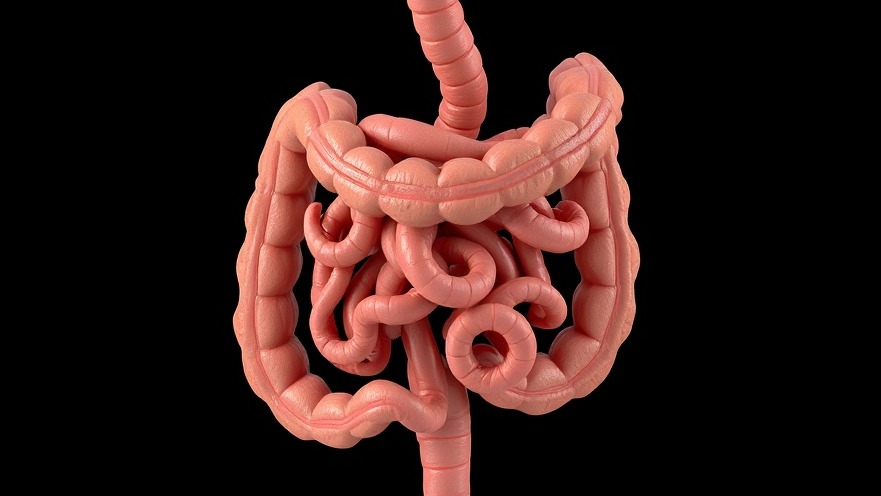
Revolutionizing Treatment with the Vibrating Capsule
Chronic idiopathic constipation (CIC) affects millions, leading to discomfort and affecting daily life. A groundbreaking study published in the journal Neurogastroenterology & Motility introduces a vibrating capsule as a novel, non-pharmacological treatment option. The research, spearheaded by Dr. Bryan Curtin, highlights the capsule’s safety and tolerability for patients battling this frustrating condition.
How the Vibrating Capsule Works
The vibrating capsule operates by simulating natural peristalsis—rhythmic contractions of the intestines that facilitate bowel movements. Unlike conventional treatments that often rely on medications causing unwanted side effects, such as diarrhea, the vibrating capsule provides a drug-free solution that addresses a significant need among those suffering from CIC.
This capsule is ingested just like any other, and once it reaches the colon, it emits timed mechanical vibrations, effectively stimulating the area and promoting bowel movement. Dr. Curtin noted that the study documented a strikingly low incidence of gastrointestinal events such as abdominal discomfort or nausea, reported by only 2-3% of participants.
Patient Insights and Satisfaction
The trial assessed data from approximately 800 patients across six studies, comparing the vibrating capsule to a placebo. Results were promising: satisfaction rates soared above 70%, with over 80% of participants deeming it a convenient option. Remarkably, no serious adverse events were recorded, marking a significant victory in the realm of CIC treatment.
The Need for Alternatives to Traditional Treatments
Often, traditional constipation medications can exacerbate symptoms or lead to complications, with many patients experiencing adverse effects such as diarrhea. The innovative design of the vibrating capsule not only shows a favorable profile in this respect but also encourages adherence, an essential aspect of successful treatment.
Dr. Curtin remarked on the importance of this capsule: "With less than 2% of our study group experiencing diarrhea, this transition to a drug-free mechanism is a considerable step forward in managing CIC." This perspective resonates with health practitioners who wish to facilitate better patient experiences while reducing reliance on pharmaceuticals.
Implications for Concierge Health Practitioners
For concierge health practitioners, staying ahead of advancements like the vibrating capsule is vital. The ongoing demand for innovative and patient-focused treatments reflects a broader trend toward non-invasive, efficacious solutions. As preventive healthcare continues to bloom, implementations of such groundbreaking technologies can enhance patient outcomes significantly.
Looking Ahead: What’s Next for Vibrating Capsule Technology?
As the snippets of data surrounding the vibrating capsule gather interest, further investigations into its long-term effectiveness and utility in various gastrointestinal disorders could be forthcoming. The study offers a solid foundation for future research initiatives aimed at exploring not just CIC, but potentially other functional bowel disorders. The ongoing evolution of this field urges health practitioners to remain engaged and consider how emerging solutions can impact their practice and patient welfare.
This capsule is more than another treatment; it represents a critical shift in how constipation could be effectively managed in outpatient settings, aligning with broader objectives of health advocacy and patient satisfaction.
Take Action: Stay Updated
As a concierge health practitioner, understanding the implications of innovative treatments like the vibrating capsule is essential. By integrating these findings into your practice, you can ensure that your patients receive the best of what modern medicine has to offer. Keep abreast of literature developments and consider exploring this non-invasive option for your patients struggling with CIC. The future of gastrointestinal health is optimistic—embracing novel, safe treatment methods such as this one could redefine patient management strategies.
 Add Row
Add Row  Add
Add 






Write A Comment